News
Robinhood files SEC plan to legalize tokenized assets nationwide
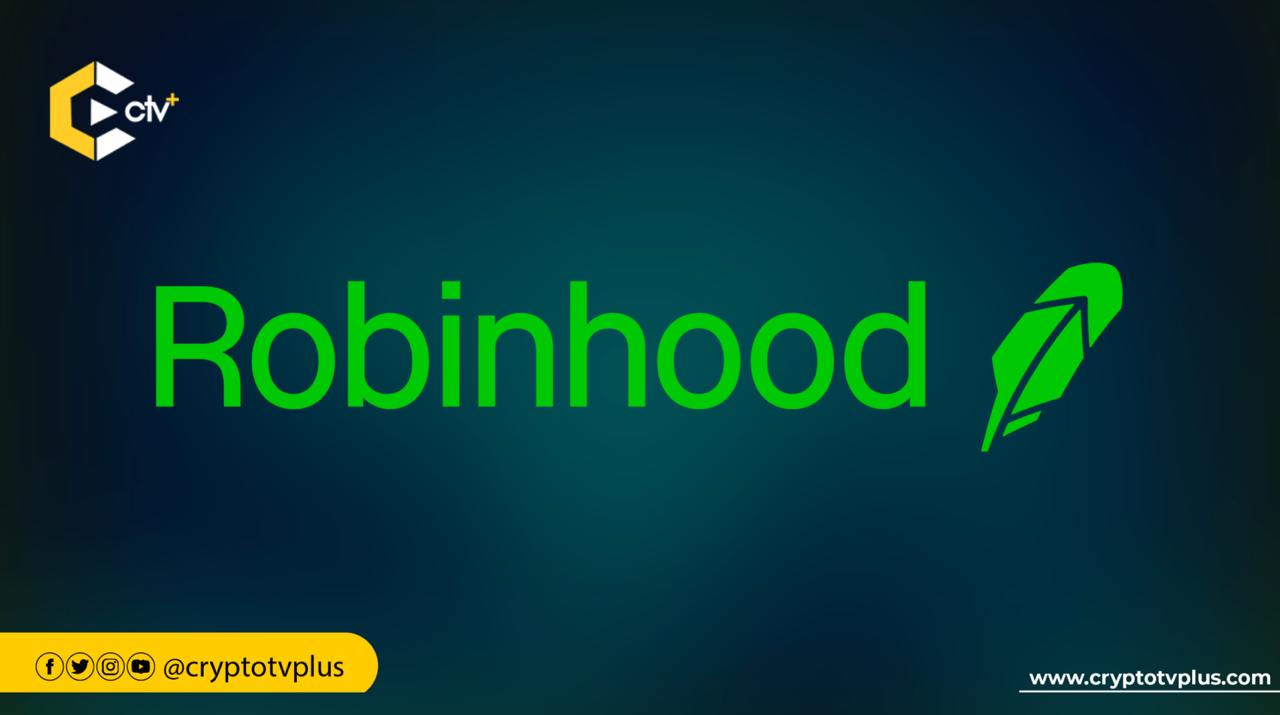
Robinhood submitted a comprehensive 42-page proposal to the U.S. Securities and Exchange Commission (SEC), advocating for the creation of a federal regulatory structure that would support the lawful issuance and trading of tokenized real-world assets (RWAs) throughout the United States.
In its proposal, the company outlines how tokenized markets could effectively integrate into the nation’s current financial system.
According to Forbes, Robinhood aims to update U.S. securities laws by promoting equal regulatory treatment for tokenized assets.
This suggests that digital tokens tied to real-world assets, including government bonds and equities, would legally function as those assets themselves.
By implementing this model, Robinhood believes broker-dealers could legally trade and custody tokenized assets without requiring a new regulatory structure, relying instead on existing securities laws.
Reducing the ambiguity surrounding digital asset classification is central to the company’s plan to streamline trading activities.
The plan includes a request to develop a national framework that would eliminate the need for market participants to comply with securities trading regulations on a state-by-state basis.
Robinhood argues that a cohesive federal regulatory approach could align digital asset transactions with traditional market standards and attract greater institutional interest.
As part of the proposal, Robinhood will unveil a new platform for trading, known as the Real World Asset Exchange (RRE).
Users will be able to store and access tokenized assets such as bonds, funds, real estate, and commodities on this platform.
Offchain matching engines will accelerate transactions, while onchain settlement systems will guarantee transparency.
Robinhood reports that the RRE will meet international compliance standards by adopting KYC and AML protocols, which technology partners Jumio and Chainalysis will facilitate.
As outlined by Franklin Elevator, the platform runs on a dual chain framework sourced from the Solana and Base blockchains.
With this setup, the distributed ledger can handle up to 30,000 transactions per second while achieving trade matching speeds below 10 microseconds.
This configuration could shorten settlement times in US capital markets from T+2 to T+0, which may reduce annual trading costs by about 30%.
This action aligns well with the current surge in interest toward tokenized assets from both digital asset companies and established financial institutions.
On April 30, BlackRock submitted plans for a blockchain-enabled share class for the Treasury Trust Fund.
In the same month, Libre stated it aims to tokenize $500 million of Telegram debt using its Telegram Bond Fund.
MultiBank Group finalized a $3 billion tokenization contract on May 1 alongside MAG, a UAE real estate firm, and blockchain developer Mavryk.
The proposal positions Robinhood as part of a cohort of firms focused on building platforms that comply with regulations for tokenized assets.
While the SEC has not yet reacted to the proposal, it has previously adopted a cautious attitude toward digital asset regulation.
Even with the uncertainty, Robinhood CEO Vlad Tenev continues to support this approach. He said,
“RWA tokenization represents a new paradigm for institutional asset allocation. Robinhood is committed to leading this trend under a compliant framework.”



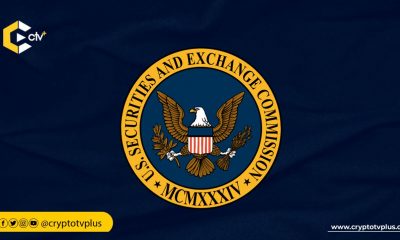

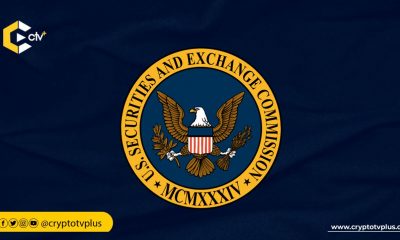

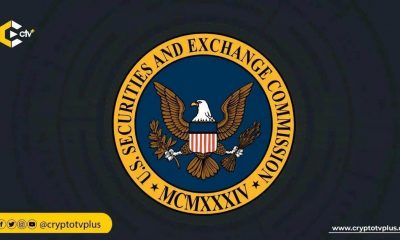

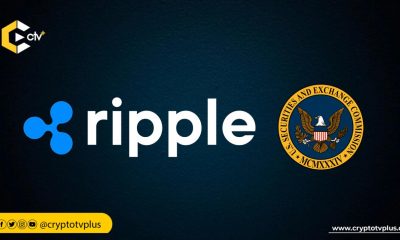

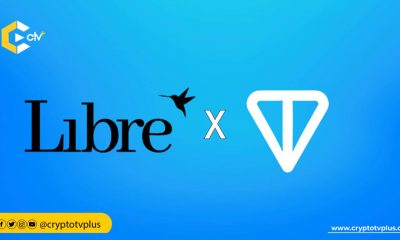

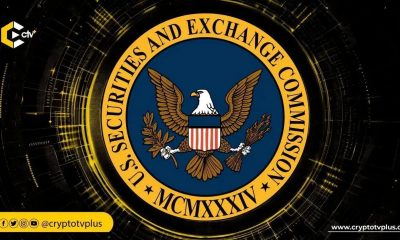











55 Comments